Bless up this Emancipation Day/August Monday!
Someone special just mentioned to me that We need some new teachers, or to evolve into the elders we are lacking/silencing. The statement is drenched in relevance- we are doing a terrible job in educating generations about our own culturally poignant history. We celebrate all manner of so-called holidays (many that are nonsensical and perpetuate lies), branding ourselves with other cultures’ values and mores, while displaying little regard for our own culture and what we have overcome as a people. Jah Know!  It is I and I’s (our collective) responsibility to tell ourstory, since we know history is his story and our half has hardly been told. For instance, this Tarzan-like partiality is plain when in history much praise is lauded towards the contributions of various british anti-slavery societies and organisations while relatively little importance given to the thousands of freedom fighters/slave revolts in the Caribbean region. Is full time now our story be told by us on a wider scale.
It is I and I’s (our collective) responsibility to tell ourstory, since we know history is his story and our half has hardly been told. For instance, this Tarzan-like partiality is plain when in history much praise is lauded towards the contributions of various british anti-slavery societies and organisations while relatively little importance given to the thousands of freedom fighters/slave revolts in the Caribbean region. Is full time now our story be told by us on a wider scale.
babylon release the chains… On August 1, 1834, The Slavery Abolition Act of 1833 not-so effectively abolished slavery in the british vampire (ok, since yuh/oonu/wunna/awyuh tek offence, british Empire then). Each slave younger than six years old was “officially” declared free. But practically, this emancipation was quasi-freedom and slaves weren’t actually freed until August 1, 1838.
On August 1, 1834, The Slavery Abolition Act of 1833 not-so effectively abolished slavery in the british vampire (ok, since yuh/oonu/wunna/awyuh tek offence, british Empire then). Each slave younger than six years old was “officially” declared free. But practically, this emancipation was quasi-freedom and slaves weren’t actually freed until August 1, 1838.
but dem a use dem brains…
I say “not-so effectively” because if you overstand how this emancipation played out, you’d know that it wasn’t like britain just let go of cheap labor without covering its arse. The jolly-good boys dem brought in a system of apprenticeship in which slaves older than six years actually worked for four to six* more years to ensure planters would have labor and that plantation economies wouldn’t belly up after emancipation. This “apprenticeship” was designed to keep slaves working eighteen hours a day on plantations in return for food, clothing and shelter while labeling them as “free”.
And a next thing, millions of pounds** were given to slaveholders as compensation for losing their “property”, while no money was given to slaves themselves. This systematically ensured that most ex-slaves would remain on a lower economic tier, dependent on their ex-masters for wages and livelihood.
East Indians and Chinese soon began being imported to the Caribbean as indentured servants to fill the void left after Blacks left the plantations. In many cases, these Asians would be housed in old slave quarters.
more ourstory “I would rather die in yonder gallows, than live for a minute more in slavery.”~Sam ‘Daddy’ Sharpe
Mek ah tell yuh, despite and in spite of the tendency of history to downplay the revolting slaves, we need to educate the masses that our freedom wasn’t simply handed to a grovelling, begging people. I and I must uphold the memory of our martyrs of the African Holocaust. Throughout the region, thousands of slaves and maroons rebelled, revolted, fought and died for freedom leading up to Emancipation- Jamaica by far having the most documented rebellions. There were literally hundreds of rebellions in the West Indies. Some that have captured my imagination: The Haitian Revolution, Jamaican Maroon Wars, 1763 Revolt in Berbice (Guyana), Dominican Maroon Wars, Suriname’s Maroon Wars, Tacky’s Rebellion, 1733 Slave Insurrection (St. John, V.I.), Black Carib Revolts, to name a few.
In the british West Indies, though, there are three significant, large-scale rebellions that affected Emancipation that must be noted: Bussa’s Rebellion (in 1816, Barbados), The Demarara Rebellion ( of 1823, Guyana), and Sam Sharpe’s Christmas Uprising*** (1831, Jamaica). For sheer size and effectiveness in communicating to britain that slavery must go at any cost, they are most influential. 10,000 slaves revolted in the Demarara Rebellion and up to 20,000 in the Christmas Uprising, burning down cane fields and property, causing the equivalent of hundreds of millions of pounds in today’s british currency. These three were pivotal in speeding up britain’s inevitable decision.
I am appealing to writers and authors, songwriters and storytellers and wordsmiths: it is our duty to tell our story and educate the youth from our own perspectives. We cannot expect history to reflect ourstory and view point. If upcoming generations don’t learn and appreci-love our collective stories and culture, we have only ourselves to blame. Especially in this age of information.
* predials, which were “field slaves”, were to be apprenticed until 1940; nonpredials no later than Aug. 1, 1938
** the total compensation paid out was £20 million which was 40% of the british government’s total annual expenditure
***AKA the Baptist War, Sam Sharpe’s Rebellion, and The Great Jamaican Slave Revolt
These countries observe August 1 Emancipation Day
- Saint Lucia
- Barbados: Emancipation Day in Barbados is part of the annual “Season of Emancipation” which runs from April 14 to August 23. The Season, includes the anniversary of the Slave Rebellion led by the Right Excellent Bussa, National hero, in 1816 , National Heroes Day on April 28, the Crop Over Festival,the Day of National Significance on July 26(in commemoration of the social unrest of 1937)and International Day for the Remembrance of the Slave Trade and its Abolition on August 23. Emancipation Day celebrations usually feature a Walk from Independence Square in Bridgetown to the Heritage Village at the Crop Over Bridgetown Market on the Spring Garden Highway. At the Heritage Village, apart from a concert, there is also a wreath-laying ceremony as a tribute to the ancestors. Traditionally, the Prime Minister, the Minister responsible for Culture and representatives of the Commission for Pan African Affairs are among those laying wreaths.
- Bermuda: Celebration usually occurs on August 2, despite August 1 being the national holiday. On the island the holiday is better known as the first day of “Cupmatch”, an annual two-day cricket competition between the St. George’s and Somerset cricket clubs.
- Guyana
- Jamaica
- Saint Vincent and the Grenadines
- Trinidad and Tobago
- Turks and Caicos Islands
These countries observe Emancipation Day the first Monday as August Monday
- Anguilla: In addition to commemorating emancipation, it is the first day of “August Week”, the Anguillian Carnival celebrations. J’ouvert is celebrated on this morning, as Carnival commences.
- The Bahamas: Celebrations are mainly concentrated in Fox Hill Village, Nassau, a former slave village whose inhabitants, according to folklore, heard about their freedom a week after everyone else on the island. There is a also a celebration beginning on August 1 and lasting several days held in the charming settlement of Hatchet Bay on the Bahamian island of Eleuthera known as the Bay Fest.
- British Virgin Islands: The first Monday, Tuesday, and Wednesday of August are celebrated as “August Festival”.
- Saint Kitts and Nevis: The first Monday and Tuesday are celebrated as “Emancipation Day” and also Carnival in Nevis.
Related articles
- August 1 in history (homepaddock.wordpress.com)
- An Untold Vincentian Legacy: Emancipation Day in the Caribbean (blogcritics.org)
- Reading the rebels: currents of slave resistance in the eighteenth-century British West Indies



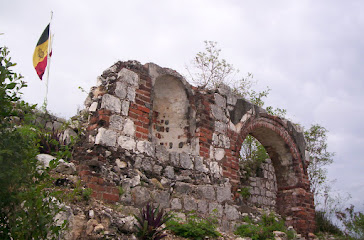
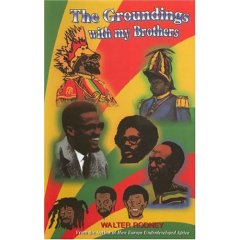
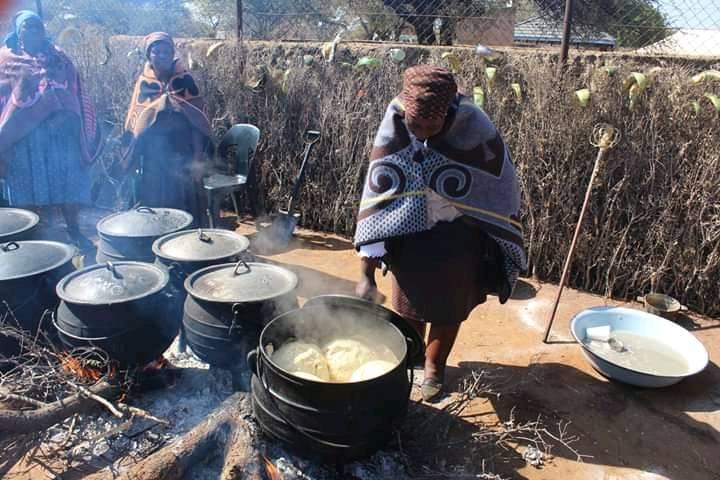
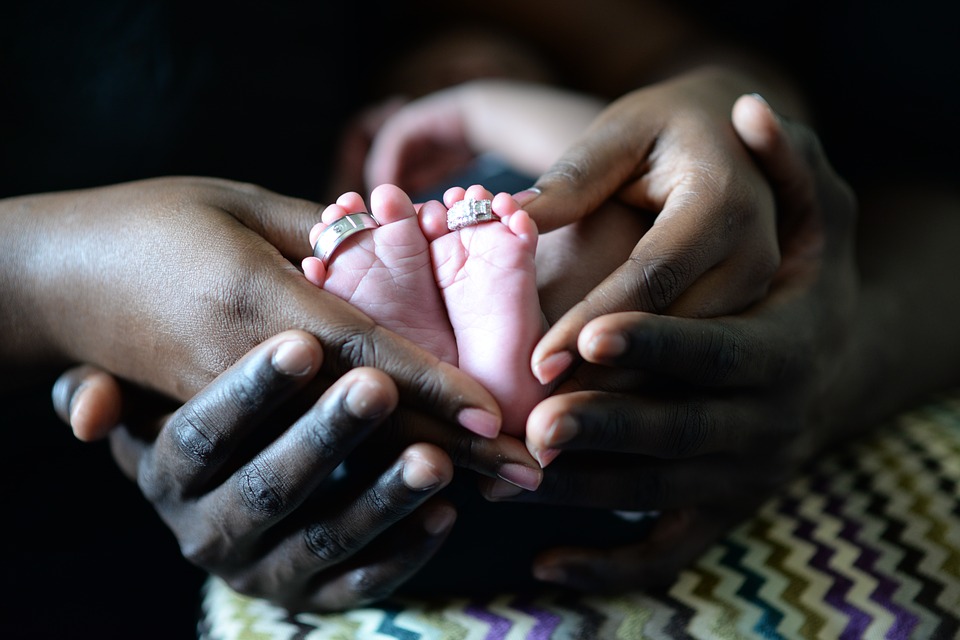




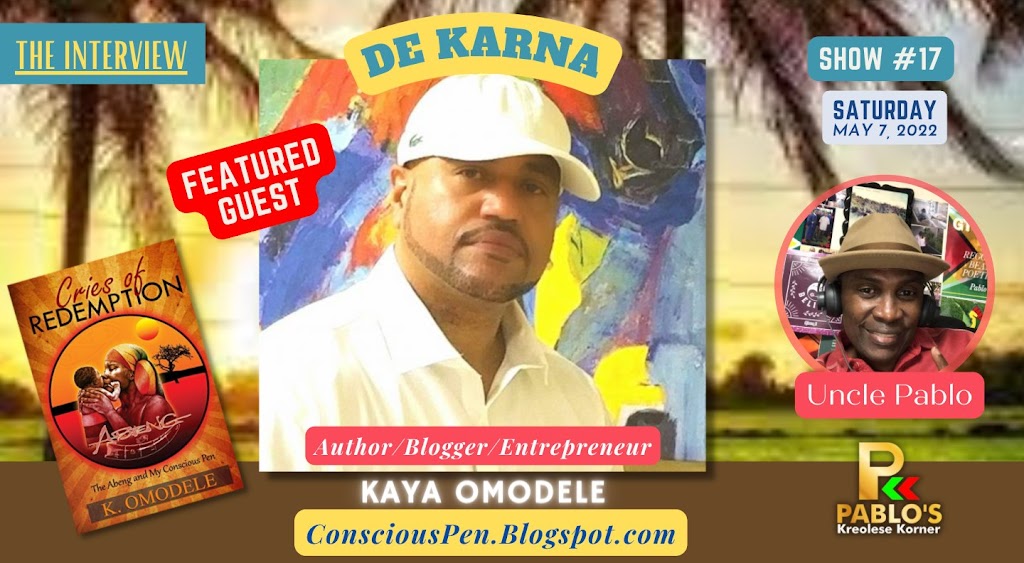

finding stregth in the knowledge…thanks teacher!
Bless up. You should've posted your name so I can know who I am addressing, mi Idren. I hope this post creates a desire to uphold and celebrate our own legacy.
So true, after all many say slavery was hundreds of years ago and have convinced themselves it has/had nothing to do with them.
We have a duty to tell others why emancipation day is special.Point well taken
kami
Love the deliberate lower-cased britain this sums up so much. Our history is rich but along with emancipation, we desperately need a consciousness of unification. Give thanks to this important theme. It remains relevant today that we should liberate from entities of injustice. Yes, today is the beginning of my emancipation. I joyfully recommit to Liberation. Bless, ((i))yabo
@Kami, that disconnection is a major issue. "A people without history is like a tree without roots." I look around and every other culture in the world uphold their history and legacy, and are slow in relinquishing their cultural identities. The reason that many of us are disconnected is that we haven't regained our sense of self identity; ergo, we are quick to wear the labels placed on us. I agree with you…we must be modern day griots. One Love, Sis.
Kaya
@Iyabo..Empress. Thanks for noticing that. And, yes, a consciousness of unification is desperately needed. There is too much petty divisions of amongst ourselves based on nationality, religion, politricks, etc. Its modern day tribalism. Lets recall the Right and Honorable Marcus Mosiah Garvey. "I know no national boundary where the Negro is concerned. The whole world is my province until Africa is free." Garvey brought together Black people from all over the world. Pan-Africanism in a true sense.
Blessed Love
Ashe ( ah-SHAY, also Ase) – A Yoruba word meaning power, command, and authority. The ability to make whatever one says happen. Often summarized as “so be it”, “so it is”, or “it definitely shall be so”.
Selah – Many translations offer “to pause”, “to hang”, amen, “measure carefully and reflect on what has been said.”
Ashe Selah!
From your favorite "JamRockLady". 😀
@JamRockLady~ Greetings! I read your extensive comments about this piece over in Caribbean Fever. Loved the way you listed what you deemed most relevant and quoted your favorite parts. It is quite gratifying reasoning with conscious I-dren…
Ashe Selah, Sistren.
Gratifying? Sound like you are one of them hateful people too who try spreading hate on caribbean fever. I see they delete her account.
@Anonymous…Hateful people? Spreading hate? Did you READ anything here? Did you see any HATE on this blog? Or are you making accusations based on assumptions? What do you call spreading hate?